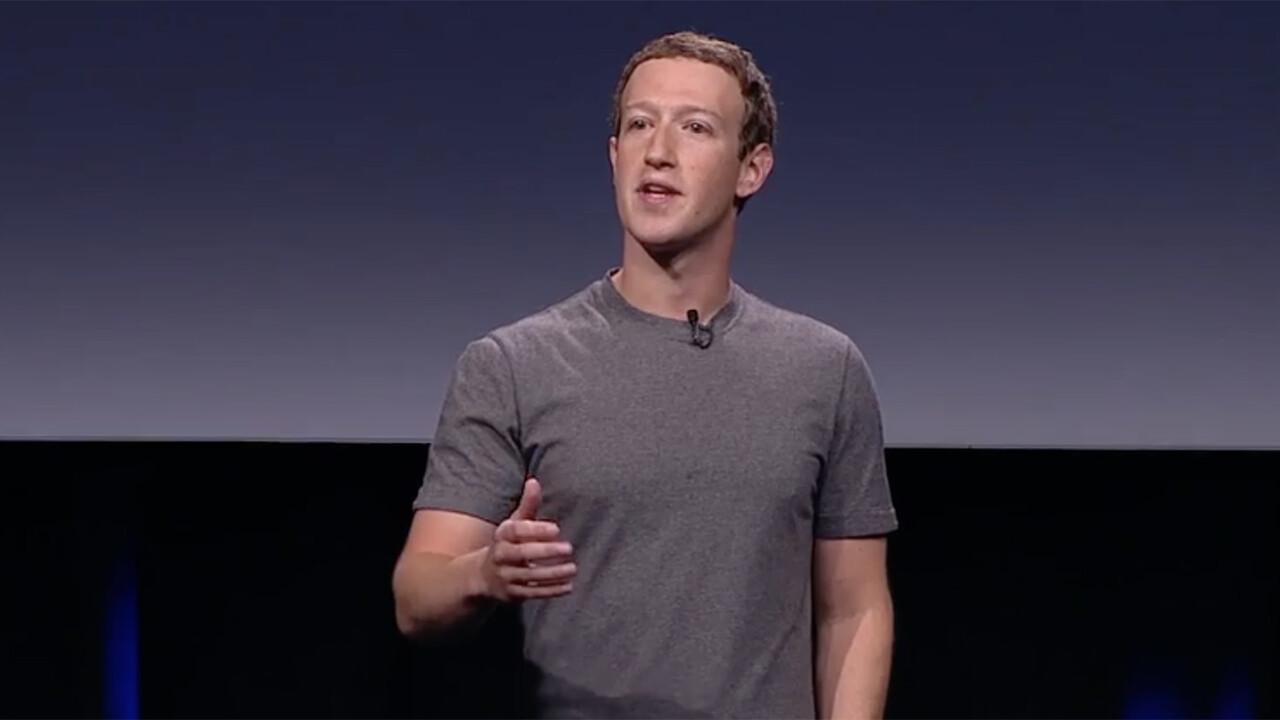
In response to several privacy blunders, netizens are flocking to #DeleteFacebook. But research from AdGuard suggests that escaping Zuckerberg’s panopticon is easier said than done, as Facebook-built tracking software exists in a staggering number of apps.
Facebook Audience Network is a tool used by developers, and included in many apps. It exists in two halves; first, as an advertising network, allowing developers to make money, and secondly as an analytics tool, offering insights on user behavior and demographics. Crucially, this works regardless of whether you’ve got a Facebook account or not.
AdGuard looked at 2,556 popular apps on the Google Play store. Of these, it found 41 percent were communicating with Facebook Audience Network. Most troublingly, none of them attained the user’s consent beforehand.
So, what data are apps sharing with Facebook? According to AdGuard, quite a bit, ranging from what you’re doing, to what phone you’re carrying in your back pocket.
- Google Advertising ID “is a unique, user-resettable ID for advertising, provided by Google Play services”.
- Device information (OS, brand, model, screen resolution).
- Language code and timezone.
- Mobile carrier name.
- App information including the name of the current activity. AdGuard says this is reason for concern, stating that Facebook Audience Network “is often used in the apps that work with private information (banking apps for instance), and activity names might be pretty descriptive (i.e. TransferFundsActivity).”
- Your IP address. (according to Facebook “Ensuring accurate location and device-level information for our platform is paramount and one of the core signals we use is the device IP.”)
- Anything else the app developer decides to include. “For instance, they can send information about in-app purchases, user registration, etc,” AdGuard says.
The good news is that this is pretty easy to mitigate against. All the data goes to one address: graph.facebook.com. Stopping Facebook is as easy as adding this address to your content blocker.
However, as AdGuard’s research pointed out, around 88 percent of apps connect to third-party servers, with 61 percent sending private information. If you think Facebook is the only company gathering information on you through the apps you use, you’re sorely, sorely mistaken.
Get the TNW newsletter
Get the most important tech news in your inbox each week.




